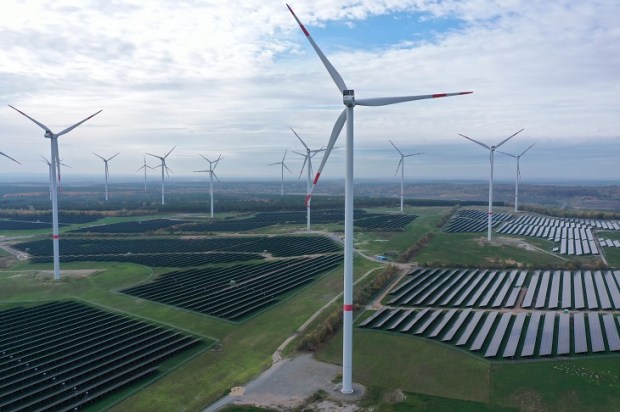Eating insects is not only an act of global salvation – following the advice of the United Nation’s advice on ‘sustainable protein’ – it’s also a way to honour Australia’s Indigenous culture.
At least, according to the CSIRO.
In their 2021 Edible Insects – a roadmap for the strategic growth of an emerging Australian industry, the authors argue that ‘improving Western perceptions of edible insects’ will strengthen culture.
‘Most Western cultures have developed an aversion for insects, perpetuated by stereotypes of insects being dirty, pests, dangerous, only eaten in times of desperation, or having an inherent “yuk” factor.’
It’s a comment offered as a criticism, even...
Already a subscriber? Log in
Subscribe for just $2 a week
Try a month of The Spectator Australia absolutely free and without commitment. Not only that but – if you choose to continue – you’ll pay just $2 a week for your first year.
- Unlimited access to spectator.com.au and app
- The weekly edition on the Spectator Australia app
- Spectator podcasts and newsletters
- Full access to spectator.co.uk

























Comments
Don't miss out
Join the conversation with other Spectator Australia readers. Subscribe to leave a comment.
SUBSCRIBEAlready a subscriber? Log in